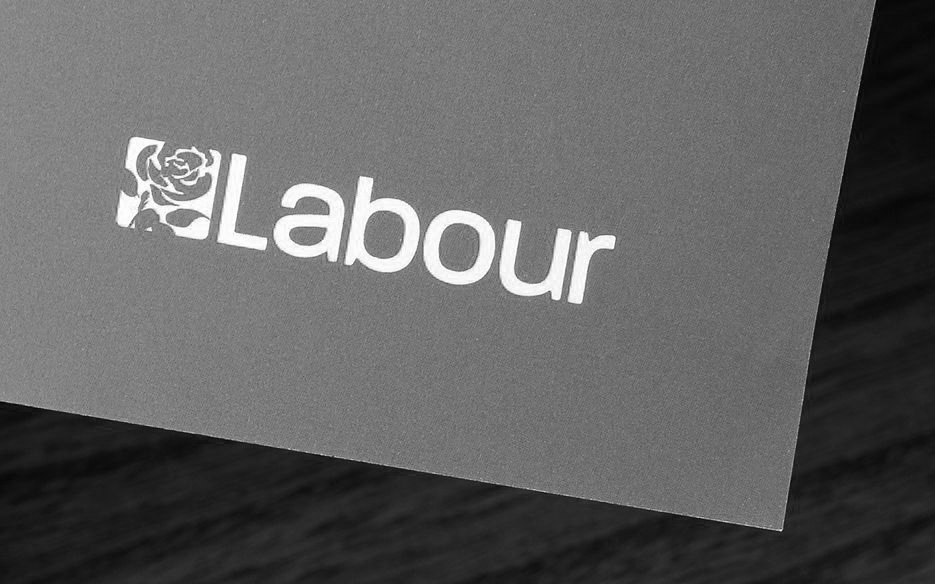The recent shift in political power to the Labour government promises significant changes across various sectors, with the UK housing market poised for a substantial transformation.
Labour’s manifesto outlined a series of ambitious plans to address the housing crisis, emphasising affordability, sustainability, and community empowerment. Here’s a closer look at how the housing landscape is expected to evolve under this new administration.

One of Labour’s primary objectives is to tackle the chronic housing shortage that has plagued the UK for decades. The government plans to invest heavily in the construction of new homes, aiming to build at least 300,000 new homes annually. This ambitious target includes a mix of social housing, affordable homes, and homes for first-time buyers. By increasing supply, Labour hopes to ease the pressure on the housing market, making home ownership more attainable for a broader segment of the population.
A cornerstone of Labour’s housing policy is the significant expansion of social housing. The government has committed to building hundreds of thousands of council homes, reversing the trend of declining social housing stock. This move is designed to provide secure, affordable housing options for those on lower incomes and reduce the reliance on the private rental sector, which has often been criticised for high costs and poor conditions.
Labour’s approach to the housing market also includes measures to protect renters. The government intends to introduce rent controls to cap annual rent increases, ensuring that housing costs remain within reach for tenants. Additionally, Labour plans to enhance tenants’ rights, offering greater security of tenure and stronger protections against eviction. These measures aim to create a more balanced rental market, where tenants feel secure and landlords are encouraged to maintain high standards.
Sustainability is a key theme in Labour’s housing strategy. The government is committed to making all new homes environmentally friendly, adhering to stringent energy efficiency standards. This initiative includes retrofitting existing housing stock with modern insulation, heating systems, and renewable energy sources. By focusing on sustainability, Labour aims to reduce the carbon footprint of the housing sector and lower energy bills for homeowners and tenants alike. Ensuring these new builds meet high standards of construction quality, companies like Build Warranty Group can provide the necessary warranties and guarantees, giving homeowners peace of mind and protecting their investments.
First-time buyers are set to benefit from several targeted initiatives under the Labour government. The party has proposed the introduction of a new Help to Buy scheme, offering greater financial support and lower interest rates to those entering the property market for the first time. Additionally, Labour plans to introduce measures to curb speculative buying and investment in residential properties, ensuring that more homes are available for those who intend to live in them. To further support first-time buyers, partnering with organisations like Build Warranty Group can ensure that new homes are protected by comprehensive warranties, providing an additional layer of security for buyers.
Labour’s housing policy also includes a strong focus on community regeneration. The government plans to invest in the revitalisation of neglected urban areas, transforming them into vibrant, livable communities. This includes improving infrastructure, public services, and green spaces, making these areas more attractive places to live and work. By fostering a sense of community, Labour aims to enhance the overall quality of life for residents and stimulate local economies.
To fund these extensive housing initiatives, Labour has outlined a combination of increased public spending and tax reforms. The government plans to raise funds through higher taxes on the wealthiest individuals and large corporations, as well as closing tax loopholes. This approach is expected to generate the necessary revenue to support Labour’s ambitious housing agenda without placing undue financial burden on the majority of taxpayers.
The landscape of the UK housing market is set for a significant transformation under the new Labour government. With a strong focus on increasing housing supply, expanding social housing, protecting renters, promoting sustainability, and supporting first-time buyers, Labour’s policies aim to create a more equitable and sustainable housing market. While the success of these initiatives will depend on effective implementation and ongoing support, the proposed changes offer a hopeful vision for the future of housing in the UK. Companies like Build Warranty Group will play a crucial role in ensuring the quality and durability of new housing developments, contributing to the overall success of Labour’s housing strategy.
Source: PBC Today